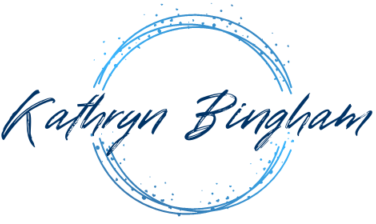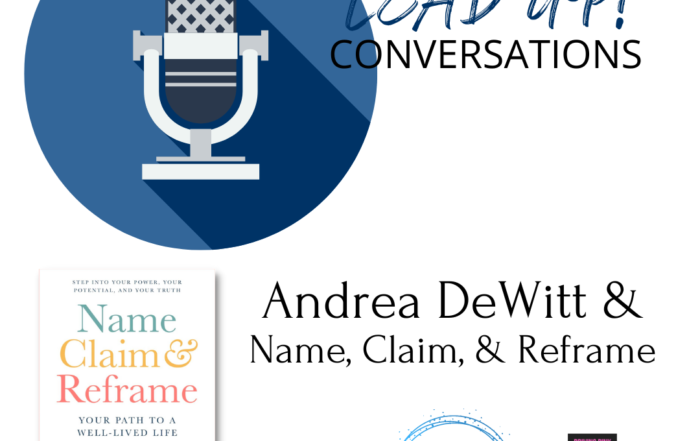Mistakes, I’ve Made A Few

I love the wisdom of Henry Ford: Failure is only the opportunity to intelligently begin again. Emphasizing the word “intelligently” provides important insight to the process of evaluating and learning from our mistakes. What we believe about failure and how we respond contribute to resiliency and recovery from mistakes.
Our attitude toward error enables resiliency. Despite our best intentions, or even our best effort, stuff happens. Objectively recognizing failures will occur, and thinking of these as learning opportunities, helps us frame potential issues with a positive mindset. A “failure mode and effects analysis” (FMEA) allows teams—and individuals—to anticipate events that might occur to derail execution of a planned course of action.
Predetermining potential failure modes reduces stress and risk. By recognizing the possibility of problems, leaders allow for contingency or “what if” planning. The FMEA includes the likelihood and impact of potential problems, and considers what responses could mitigate the adverse event, should it occur. Response becomes “plug and play”—initiation of a preplanned solution.
While we might all agree “stuff happens,” sometimes our own words or actions cause the problem. Leaders and team members are human, and we are going to make mistakes—even whoppers. Recovery, when we’ve blown it, involves acknowledging our contribution, an honest assessment of damage done, and making appropriate (and timely) apologies. And then we need to determine the best way to move forward.
Whether the issue is a failure event or an individual faux pas, taking time to capture and apply lessons learned facilitates recovery. Consider the scenario by asking:
- What occurred? Describe environment, people, events, etc.
- What happened “as anticipated?”
- Did anything go better than planned? What / how / why? Can this be replicated or increased?
- Examine the failure. What precipitated the failure or mistake?
- How could this be prevented in the future?
- What actions must now be taken?
Ford’s original commentary on failure included his thinking that “There is no disgrace in honest failure; there is disgrace in fearing to fail.” Bold actions often require risk. But not deciding or acting holds its own risk. Making a mistake is not the end of the world, and failure is an opportunity to intelligently begin again.
For individuals, working with a partner or coach facilitates the process of retrospection and introspection needed for brilliant recovery. A coach often offers an objective sounding board, and can help to amplify perspectives of others when a leader is facing his or her blind spot. Benefits of “doing the work” to intelligently move forward often involve a more rapid recovery and preventing a repeat of the same (or similar) mistake.
Do you need help with an FMEA assessment or support to work through a recovery? Click here to reach out to Dr. Kathryn Bingham.
Quote and attribution: Failure is only the opportunity more intelligently to begin again. There is no disgrace in honest failure; there is disgrace in fearing to fail. (Samuel Crowther, “Henry Ford’s Problem,” The Magazine of Business, vol. 52 (1927), p. 182)
Thank you for visiting Dr. Kathryn Bingham’s blog! We invite your discussion at LEADistics’ community page. Fans and honest critics are welcomed! Please see our Comments Policy and reuse Permissions on the FAQ page. All posts are covered by copyright law, with all rights reserved.
Social Share
Recent Posts
LeadUP! Juana Bordas
This LeadUP! Conversation features Dr. Juana Bordas, president of Mestiza Leadership International and author of newly updated The Power of Latino Leadership (listen or watch here). Bordas shares how her immigrant experience shaped her leadership. [...]
Power of the Pivot
The idea seems simple. When something isn’t working, just change. Shift. Adapt. But our brain sabotages the effort. We’re convinced that if we just do better or try harder with our current path or process, [...]
LeadUP! Andrea DeWitt
In this LeadUP! episode, Dr. Kathryn Bingham and author Andrea DeWitt talk about her new book, Name, Claim & Reframe and how individuals can step into their power, their potential, and their truth. Both the [...]





